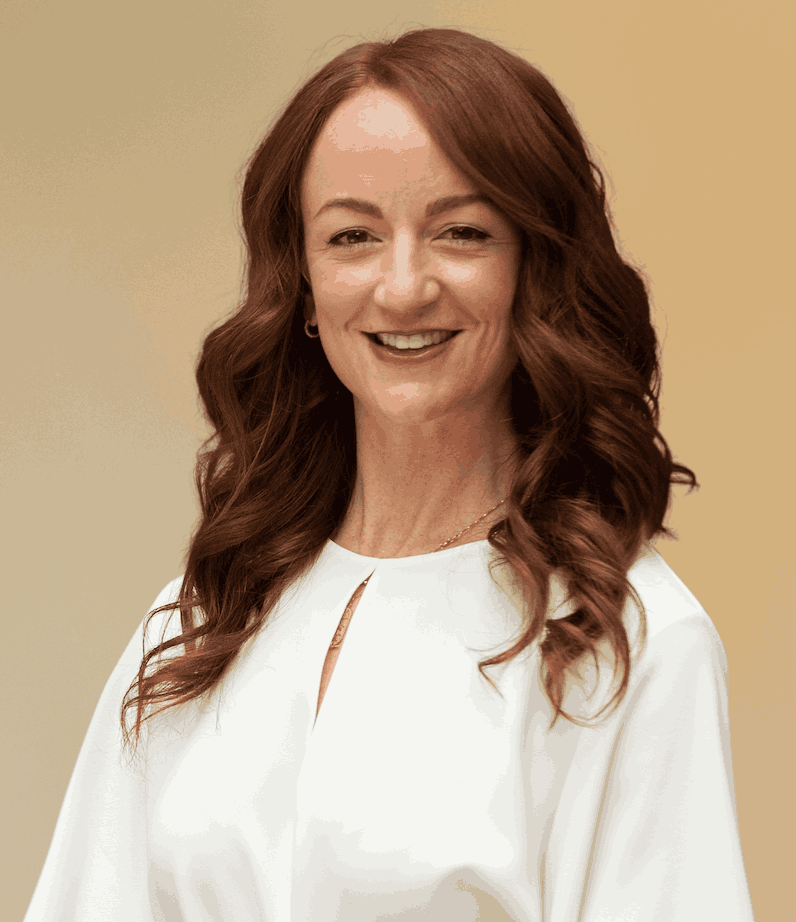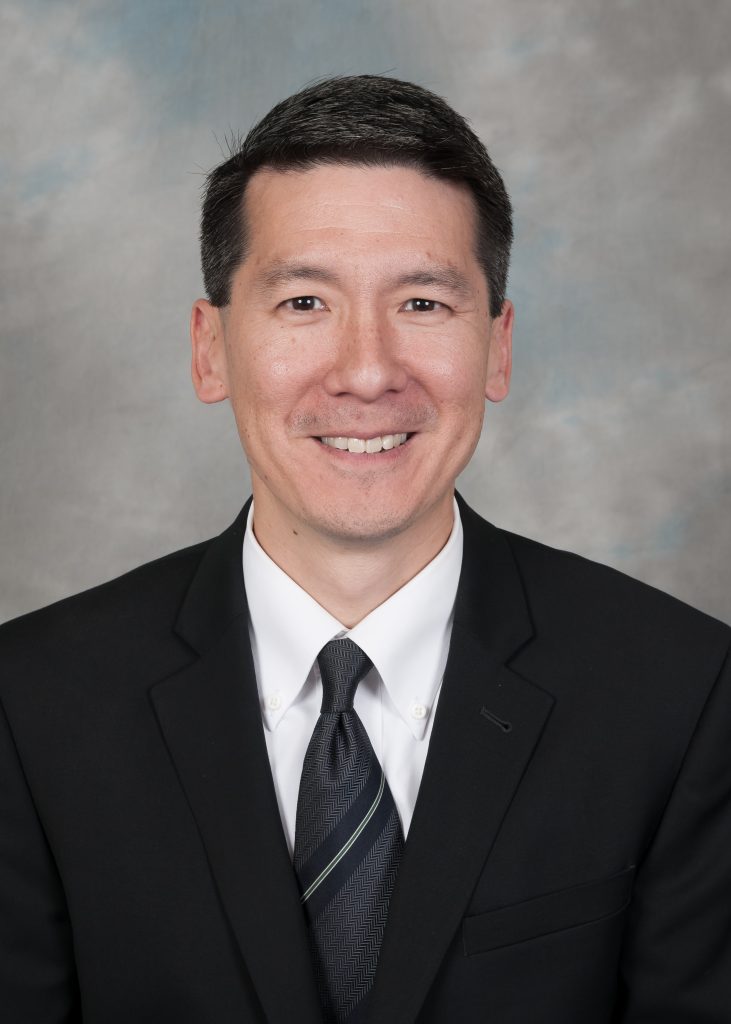Body Composition’s Impact on Bladder Cancer Therapy
Many patients with bladder cancer already face a difficult journey that includes chemotherapy and radical cystectomy — surgical bladder removal. These treatments are vital, but they can also cause weakness and an overall decline in quality of life.
But what if urologists could help patients build their strength before therapy? Better yet, what if care teams could more accurately predict how specific treatments might impact a patient’s daily life?
Sarah Psutka, MD, an associate professor in the UW School of Medicine Urology Department, is searching for this information. It’s data that could change how healthcare experts approach bladder cancer treatment, potentially leading to better patient outcomes.
“We already know that patients who undergo chemotherapy before surgery lose about 6%-7% of their muscle mass in three months. So we’re literally taking a vulnerable population and making them worse,” she says. “Because of their cancer, they’re already at risk for not being able to bounce back, so we’re thinking about ways we can build them up to mitigate those losses.”
To help patients, Psutka focuses on body composition, concentrating on physical fitness and nutrition. Supported by a National Institute of Aging GEMSSTAR award, she is taking a multidisciplinary, collaborative look at the link between a patient’s body makeup and how individual bladder cancer treatments affect their daily life.
Examining body composition over time
Currently, urologists use a patient’s characteristics to determine their surgical complication and mortality risk. But that prediction is only part of the information patients need to decide their best treatment option.
Over the next several years, Psutka plans to enroll 250 bladder cancer patients in a prospective study examining functional decline — the loss of physical and cognitive capabilities — during treatment. A multidisciplinary team of physicians from Fred Hutchison Cancer Center and UW Medicine’s Department of Urology will investigate. The goal, she says, is to help future patients, particularly older individuals, select the right therapy.
“To date, we haven’t been able to objectively characterize what our treatments look like for older and medically complicated patients in real time,” Psutka says. “That makes it hard to give them the tools they need to make informed decisions about their treatment.”
In this study, patients will complete a comprehensive geriatric assessment, providing details about their cognition, nutrition, mental health and comorbidities. Psutka’s team will also capture multiple CT scans to track each patient’s body composition during treatment. Then, using artificial intelligence, they will examine cross-sectional views on CT to assess changes in lean muscle, as well as visceral, intramuscular and subcutaneous fat tissue.
“We’re going to know more about the impact specific treatments have on patients day-to-day and what they can expect to be able to do at various points during their recovery,” Psutka says. “We’ll have a much better understanding of what their outcomes and quality of life will be.”
The role of exercise and nutrition
Psutka’s team is also working with patients on their fitness and nutrition to help them better withstand treatment.
Exercise: The team will develop at-home core and hip exercise interventions to help patients prepare for abdominal surgery. A smart device will record their activity and save it in their electronic health records.
Nutrition: Investigators will develop nutritional interventions to ensure patients eat enough of the right kind of calories. They will also monitor patients for any malnutrition via blood panels.
Overall, Psutka says, her work is designed to make bladder cancer treatment less toxic and debilitating.
“We’re trying to answer important questions and inform patients about what their treatment journey is going to be like,” she says. “We’re hoping to learn how to improve that experience — how to reduce the burden of treatment and make it a bit easier to get through.”





